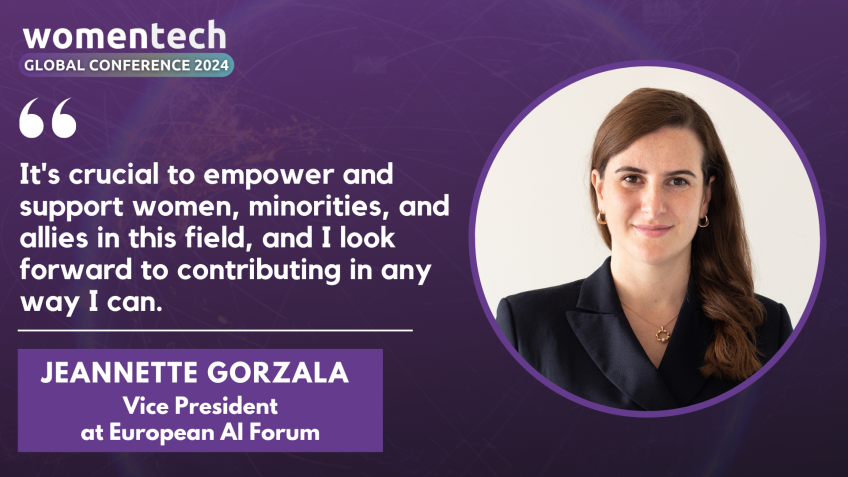
In the high-stakes world of job interviews, where anxiety often takes center stage, it's natural to feel the pressure when stepping into the spotlight. However, here's the key: a little practice and preparation can transform the daunting into the doable. An interview isn't just a test of your qualifications; it's also your chance to evaluate if the job and company align with your aspirations.
According to Glassdoor the most common reason for interview failure is a lack of understanding of the role. Furthermore, almost 4 out of 10 employers consider enthusiasm a non-negotiable attribute. First impressions carry immense weight in the interview realm, with 30% of interviewers making their verdict within the initial five minutes, as reported by Hirevue.
Now, here's the truth: a staggering 93% of candidates admit to grappling with job interview anxiety at some point in their careers, according to a JDP survey. But fear not, for this article is your compass, your guide to successfully navigating the challenges of interviews. It's time to turn that stress into practical wisdom and confidence.
Hands-on Tips from Bloomberg
- Be able to articulate why you want to work for Bloomberg; why you want the role; your strengths and weaknesses, and which experiences and skills make you a good fit for the role.
- Be prepared to talk about experiences where you demonstrated relevant skills in areas such as collaboration, leadership, innovation, and your ability to overcome challenges, describing the situation or problem, the actions you took, and the outcome.
- Use LinkedIn and Google to find out more about the interviewer’s roles and experience.
- Ask questions to help you evaluate the opportunity. The interview isn’t just for us to learn about you, it’s also a chance for you to assess your fit with Bloomberg.
- Be concise when answering questions, but be prepared to answer follow-up questions if more detail is needed.
Types of Interviews & Sample Questions from Qualtrics
There are three types of interviews, appropriately adjusted for your level of experience:
- Technical coding interviews
- Architecture and design interviews (only experienced candidates, not new college grads)
- Personal qualities interviews
Coding interviews are straightforward exercises in fundamental computer science topics. Focus on algorithms and problem-solving, supplemented with appropriate use and general knowledge of data structures. You should be able to reason about how your code will work in terms of resource usage, speed and efficiency, reliability, and computational complexity. Remember to do the following in the interview: Ask questions about the problem - make sure you fully understand the requirements and expectations.
A couple of representative examples of coding problems are the clock hands and is scrambled palindrome problems detailed below
- Clock hands
Write a function that returns the acute angle between two clock hands, with two integers for the number of hours and number of minutes.
E.g. For 3:00, the acute angle would be 90°. For 6:00, it would be 180°.
- Is Scrambled Palindrome
Write a function that, given a string of letters, returns true or false for whether the letters in the string could be arranged to form a palindrome.
E.g. For “torro”, the answer is True, because the letters can be rearranged to spell “rotor”.
Architecture interviews focus on your ability to dig in and understand requirements from an ambiguous problem description and utilize modern tools to design a solution. You should expect to demonstrate the following two skills:
Requirements gathering - ask questions to define the scope of the problem that needs to be solved, starting with the customer; define the use cases and make sure you have a concrete understanding of the problem that must be solved.
Design - discuss trade-offs with different system design strategies, settle on one, model the data, and describe the logical and physical architecture of the components or services involved.
- One example of an architecture question is Design the homepage of the Seattle Times.
Be ready to discuss successes and setbacks; share stories of how you have had an impact on an organization during the personal qualities interviews. What challenges have you overcome? What have you learned interacting with other teammates or your leaders? How did you learn from a mistake you made? We are looking for gritty, growth-mindset individuals who understand how to collaborate with others.
As an example, a couple of years ago, we had a candidate who graded out technically right around our bar. However, they spiked in our personal qualities assessment, demonstrating a high degree of grit and resilience.
Job Advice from Celonis
In the tech industry, common interview mistakes often include failing to adequately prepare for technical questions, providing overly lengthy or disorganized responses, and neglecting to ask thoughtful questions about the company or role. Additionally, appearing too nervous or lacking confidence can hinder a candidate's chances of success. Understanding and avoiding these pitfalls can significantly enhance your performance in tech interviews, and seeking advice from experts like Celonis can provide valuable insights on tackling some of these challenges.
Do your homework before your next job interview. And don’t just glance at a company’s “About Us” page. Familiarize yourself with the company’s industry, its competitors, and the current market conditions. Learn about their products, their executive leadership, and their corporate culture. Lastly, make sure to read any recent news stories about the company.
Coming into the interview with knowledge about the company demonstrates to the interviewer that you know how to prepare for an important conversation and that you’re enthusiastic about the possibility of joining the company. It also helps you understand the company and its culture, answer potential interview questions, and prepare your own questions to ask during the interview.
As you embark on your journey to secure that dream job, remember this: job applications are not just a series of checkboxes and forms. In the world of careers, opportunities are often reserved for those who dare to stand out, who approach each application as a chance to shine. Discover worldwide job opportunities to enhance personal career growth. So, go ahead, craft your narrative, showcase your uniqueness, and let your enthusiasm leap off the page. Your future is not a destination; it's a story waiting to be written, one application at a time.
Join the Career Growth Summit to learn more insider tips and how to embrace the process, believe in yourself, and make step into the career of your dreams.








